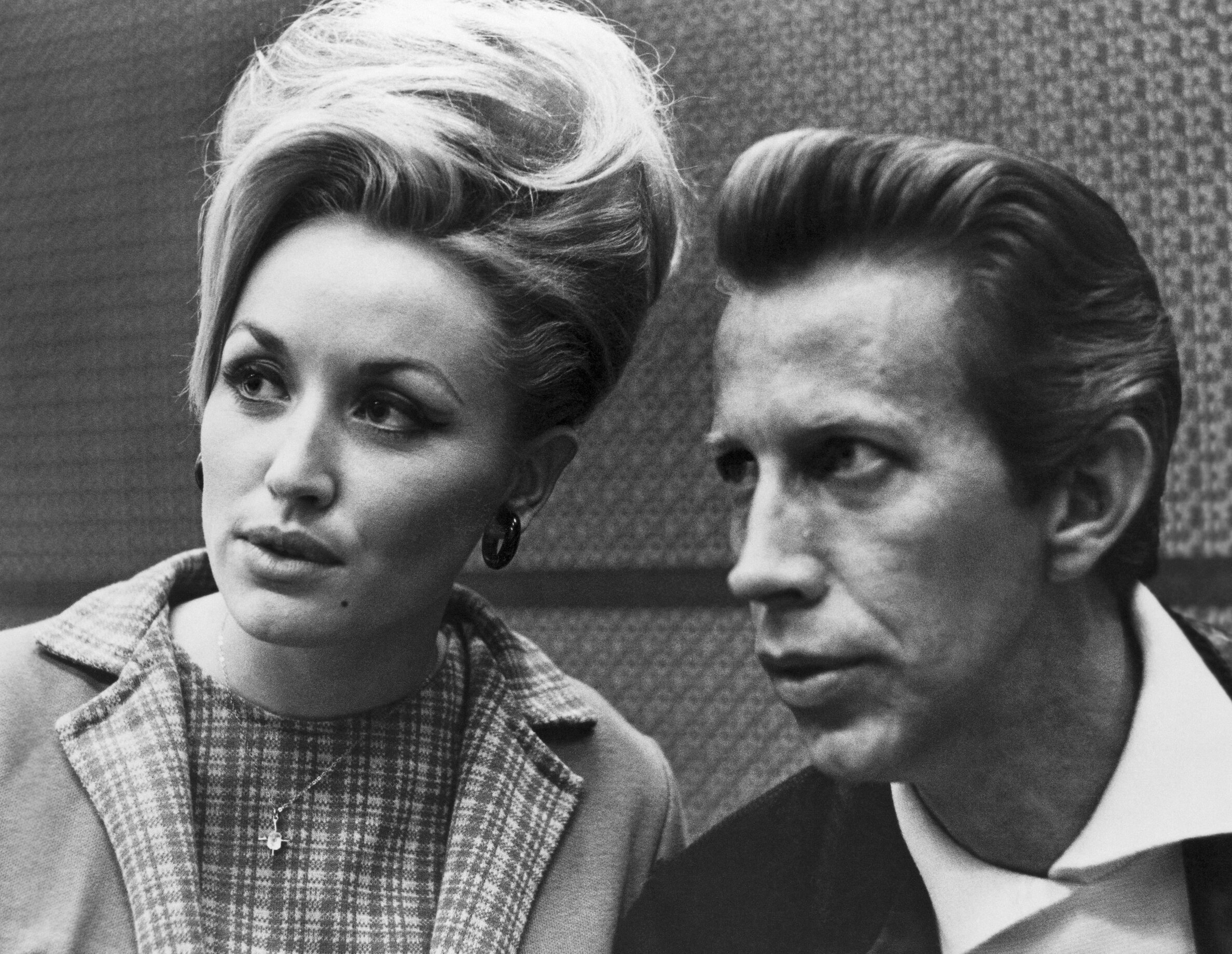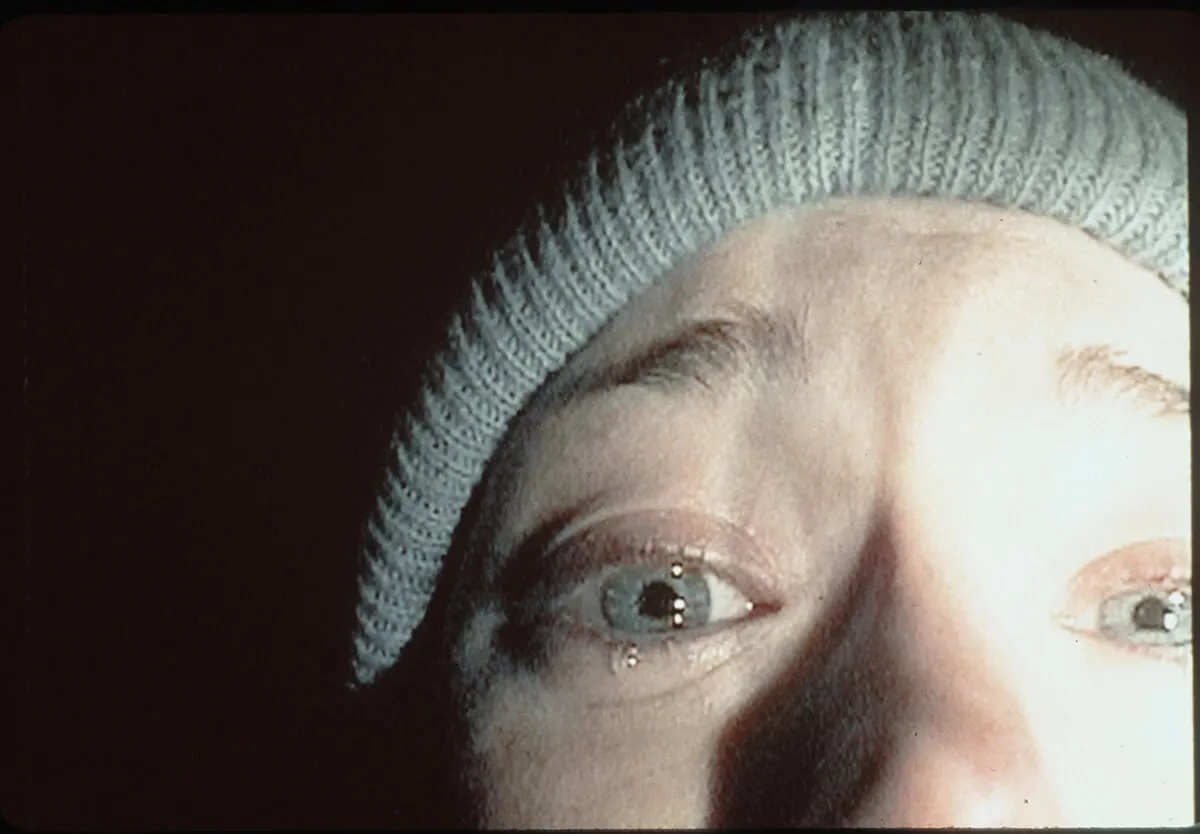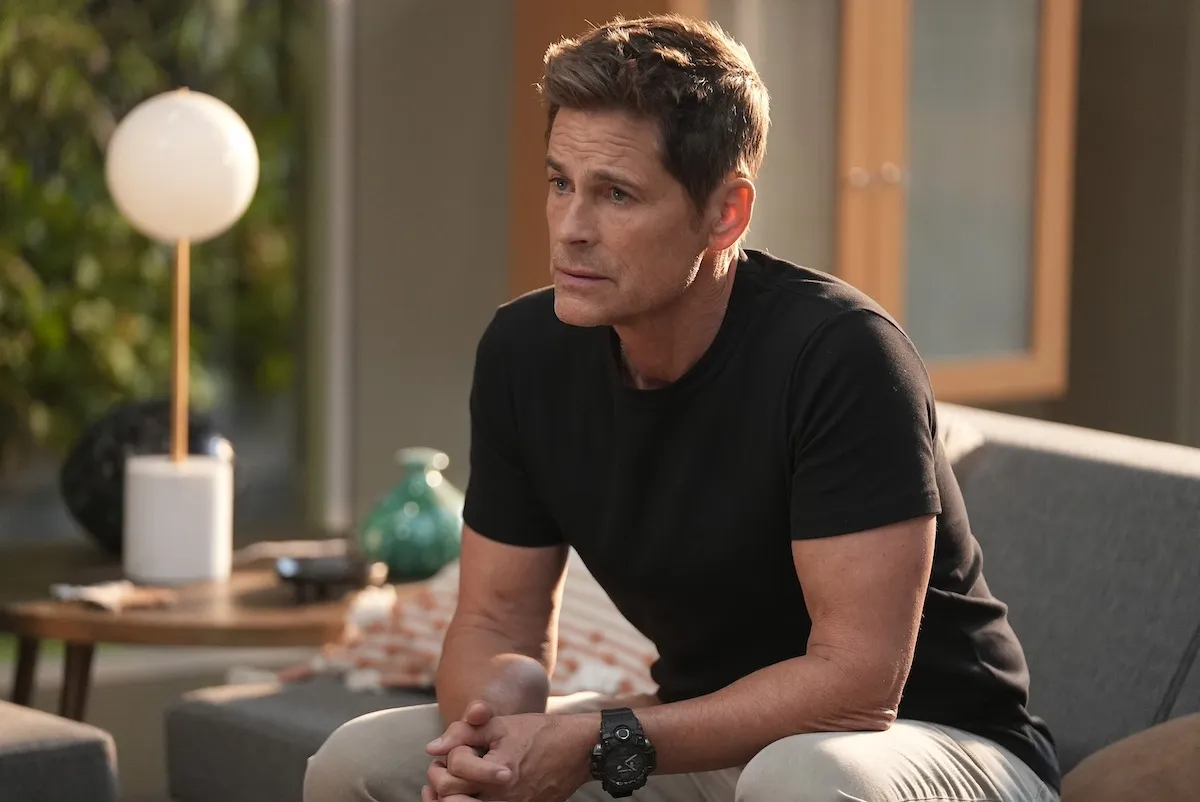Why Dolly Parton and Porter Wagoner’s ‘Two Sides to Every Story’ Perfectly Portrays Their Real Relationship
Article Highlights:
- Dolly Parton’s inspiration for “Two Sides to Every Story”
- A peek behind the curtain of Dolly Parton and Porter Wagoner’s relationship
- Things got ugly after Parton left “The Porter Wagoner Show”

Dolly Parton and Porter Wagoner worked together for seven years on The Porter Wagoner Show and as one of country’s most famous duos. But off-stage, their relationship was tense, filled with power struggle and strife. One of their most popular songs, “Two Sides to Every Story,” perfectly paints the picture of Parton and Wagoner’s behind-the-scenes dynamic and the dramatic twists and turns of their history.
‘Two Sides to Every Story’
“Two Sides to Every Story” is a classic “battle of the sexes” song written by Parton and her uncle, Bill Owens, for Parton and Wagoner. It’s on the duo’s LP, Just Between the Two of Us, and it hints at what’s to come of their future relationship.
“Whether they are ‘country’ or not, people fight all the time. For some people, that’s the only excitement they have in their lives, is to fight. When Porter and I were doing duets, we tried to find colorful songs, with subjects that would relate to our audience, so bickering seemed like a good idea,” Parton wrote in her 2020 book, Songteller, of “Two Sides to Every Story.” “Then there was the fact that Porter and I did fight all the time.”
The “Jolene” singer went on to note that her relationship with Wagoner was the complete opposite of her relationship with her husband, Carl Dean.
“Carl and I have never fought,” she wrote. “We might get a little pissy now and then, but we don’t go back and forth. I never wanted to have anything like that between us. So we just sulk a little and go off by ourselves.”
Dolly Parton and Porter Wagoner fought ‘all the time’
Just six months into their professional relationship, Parton and Wagoner began to butt heads. The Queen of Country was outspoken with her ideas, and Wagoner didn’t like anyone calling the shots but him. In an interview with the Los Angeles Times in 2008, the “9 to 5” singer called her former partner “a male chauvinist pig.”
“He very much was a male chauvinist pig,” she said, as recorded in the book Dolly on Dolly. “Certainly a male chauvinist. He was in charge, and it was his show, but he was also very strong-willed. That’s why we fought like crazy, because I wouldn’t put up with a bunch of stuff.”
Eventually, the fighting got to be too much for Parton, and she wanted to break out on her own, so she left. After her departure from The Porter Wagoner Show, the former duo’s relationship only grew more heated and complicated.
Dolly Parton and Porter Wagoner after ‘The Porter Wagoner Show’
After Parton began to experience some success of her own, Wagoner took to the press to bad-mouth his old partner.
“Dolly wants to do everything that is possible for her to do,” he told the Tennessean in 1978 after Parton appeared on the cover of Playboy Magazine, as recorded in the book Dolly on Dolly. “But she lives in a fairy land. . . . I don’t believe a country girl singer would do things in the manner she’s done them. Like the Playboy thing. Do you think Kitty Wells would do that?”
Wagoner also told the Tennessean that Parton wasn’t trustworthy. He said they parted ways after he realized she wasn’t who he thought she was.
“I was just disappointed to find out she’s not made of what I thought she was,” he said. “To me, Dolly Parton is the kind of person I would never trust with anything of mine. I mean, her family, her own blood, she would turn her back on to help herself. I’m not that kind of person. I don’t care about talkin’ about it ‘cause most people would think I’m bitter at Dolly. I’m not bitter at her at all.”
Parton never responded with anything negative about Wagoner in the press. But she did tell Melody Maker’s Colin Irwin: “I won’t put myself on his level. I will say that it was unfair and untrue and that’s all I’ll say.”
Not only did he attempt to slander her name in the press, but Wagoner also sued Parton for $1 million. At the time, that was money she didn’t have.
In Songteller, Parton looks back and reflects on her relationship with Wagoner. She admits she was an “a** to him,” too.
“You have to forgive and forget,” she wrote. “He gave me great opportunities, and I did appreciate him. Later on, we got back together and he said he was sorry about all of that. So I forgave him, and I asked him to forgive me. I’m sure I was a pain in the a** to him. I was, because I believed in what I believed in, and I was going to fight for it. There’s truth on either side.”
“Two Sides to Every Story” may be a song about a husband and a wife accusing each other of staying out late and flirting with strangers, but the title of the song rings true for the Parton and Wagoner saga.
“Two sides to every story, we can straighten this out if we’ll take time. Two sides to every story, you tell yours and I’ll tell mine.”


